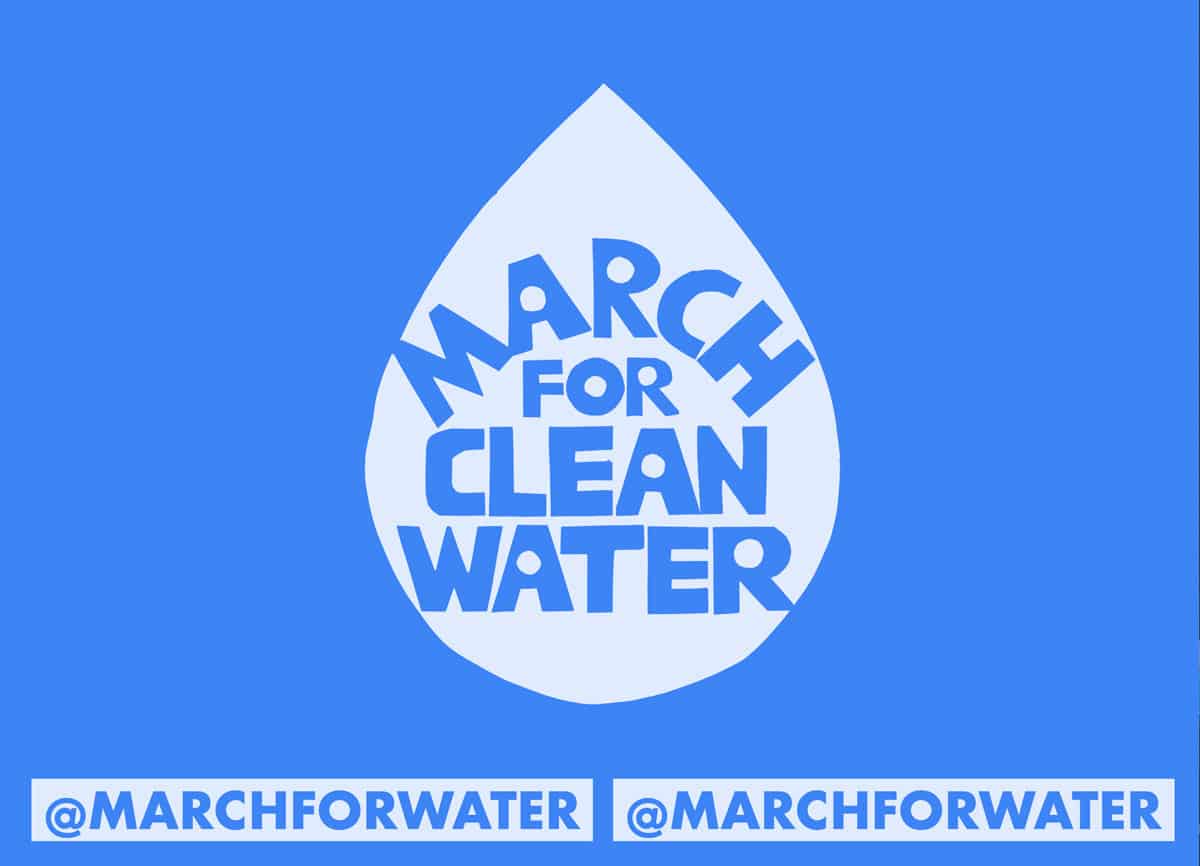Froglife has joined a coalition demanding an end to the poisoning of our freshwaters and seas. We want to invite you to join us at the March for Clean Water in London on 3rd November. Attendees are being encouraged to wear blue to create a river of people through the streets of London and to get creative with banners, outfits and placards. So we’d like to see as many frog and toad warning signs as possible!
Thousands of people will be joining the march for a myriad of different reasons from the need for safe swimming water to protecting wild species and habitats. Regardless of individual motives the message is simple and clear “Stop poisoning our water”.
Froglife has joined the coalition to demand a water-friendly farming commitment, fully funded and effective catchment plans and a nature first approach to regulation and investment.
UK amphibians (including frogs, newts and toads) and reptiles (mainly the grass snake) rely on small freshwater habitats such as ponds, ditches, scrapes, lochs and lakes to breed and hunt. However, our waterways are being polluted by agricultural waste, raw sewage and other chemical pollutants at an alarming rate. Other chemical pollutants that have been found to impact amphibians include pesticides, herbicides, fertilisers, de-icing salts and road materials, heavy metals and lead, and further impacts from microplastics have been identified. Agriculture is the number one cause of freshwater pollution in the UK.
Amphibians are particularly at risk from the effects of pollution as they have complex lifecycles that include aquatic stages (eggs and tadpoles/larvae) and terrestrial stages (adults). This means they can experience the effects of pollution directly (i.e. by being sprayed on land) or indirectly through run-off into their ponds. Their permeable skin easily absorbs chemical pollutants making them early indicators of pollutions events. The impacts of these chemicals can lead to impaired behavioural responses, impaired growth, increase in abnormalities, delayed metamorphosis (change from egg, to tadpole, to adult) and poor immune repose to other factors because of increased energy use. Although most of these effects are not lethal in themselves, they lead to a reduction in survival for the animals because they are smaller, weaker and less able to breed and escape predators.
For more information about attending the March for Clean Water visit marchforcleanwater.org










